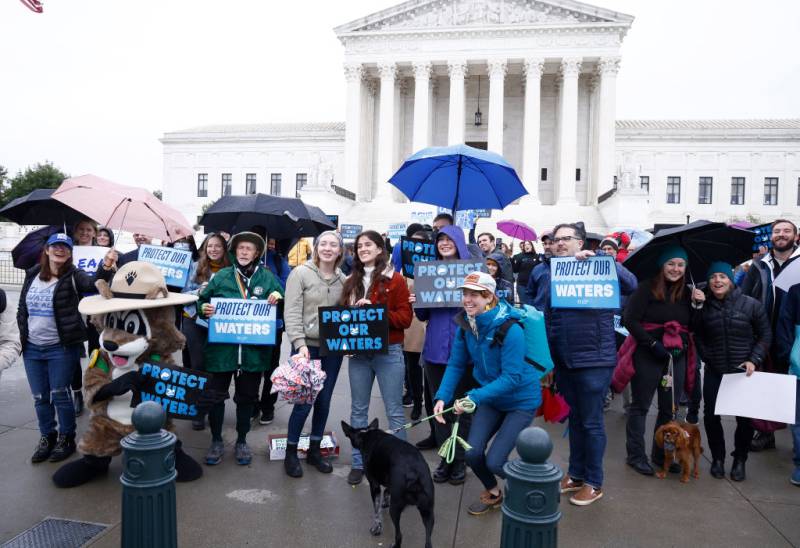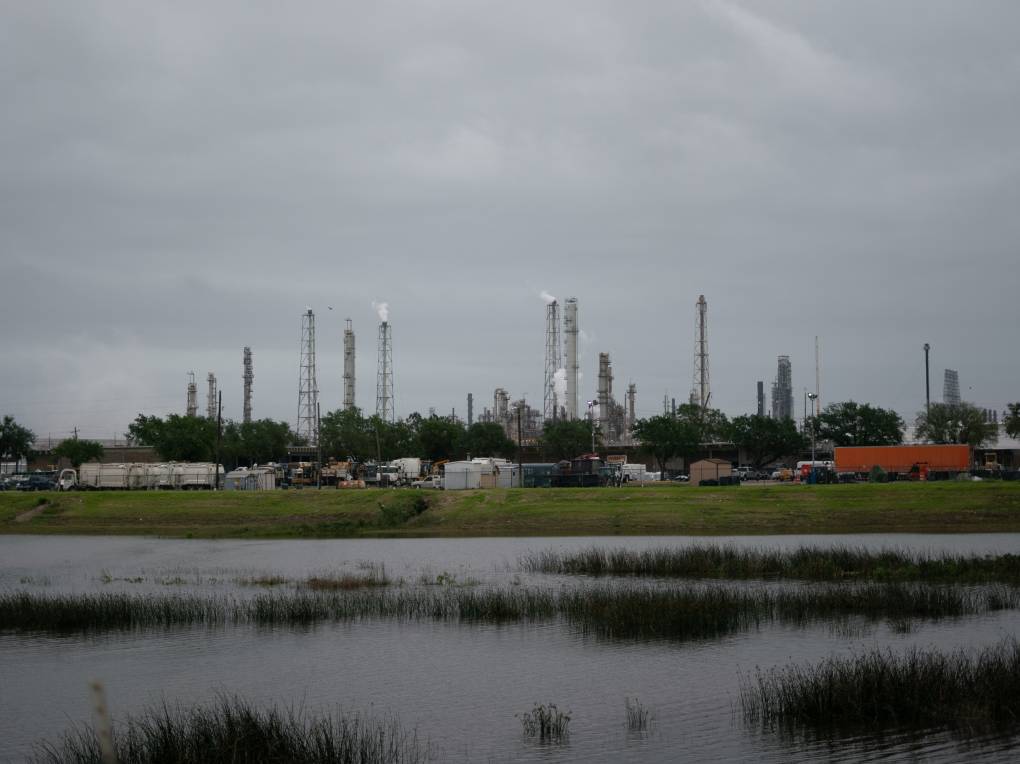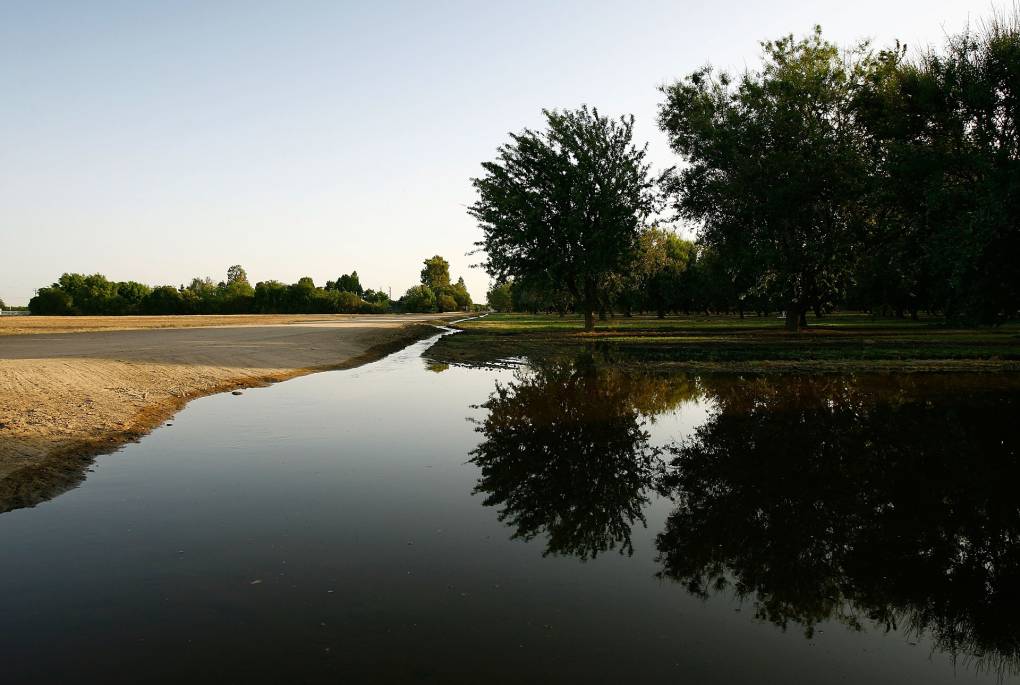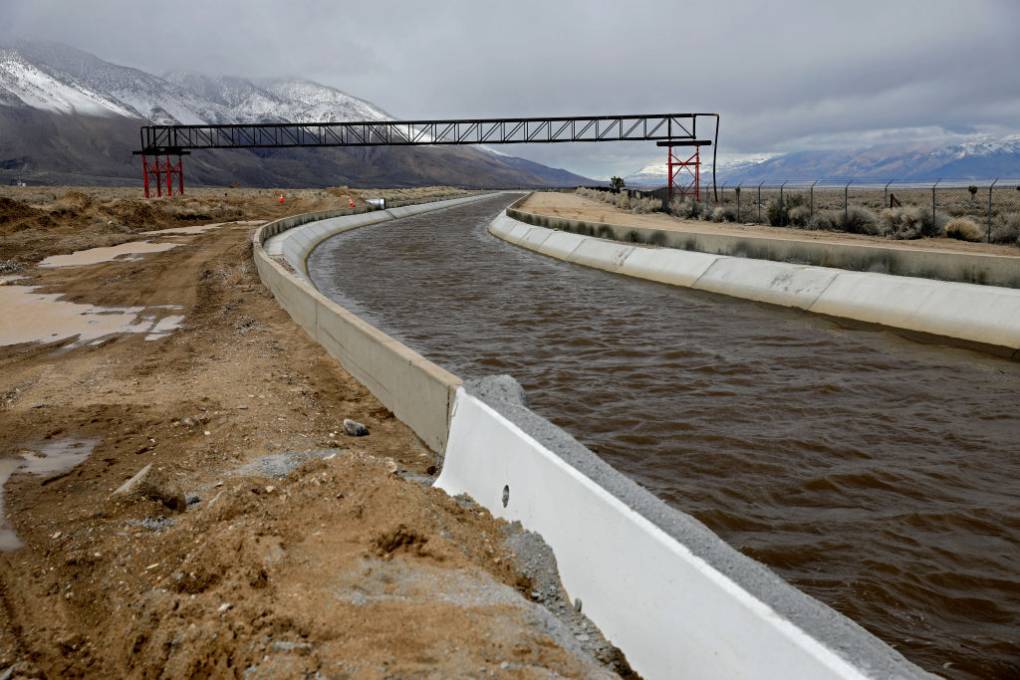The Supreme Court on Thursday sharply limited the federal government’s authority to police water pollution (PDF) into certain wetlands, the second decision in as many years in which a conservative majority narrowed the reach of environmental regulations.
The outcome could threaten efforts to control flooding on the Mississippi River and protect the Chesapeake Bay, among many projects, wrote Justice Brett Kavanaugh, breaking with the other five conservatives. Environmental advocates said the decision would strip protections from tens of millions of acres of wetlands.
The justices boosted property rights over concerns about clean water in a ruling in favor of an Idaho couple who sought to build a house near Priest Lake in the state’s panhandle. Chantell and Michael Sackett objected when federal officials identified a soggy portion of the property as a wetlands that required them to get a permit before filling it with rocks and soil.
By a 5–4 vote, the court said in an opinion by Justice Samuel Alito that wetlands can only be regulated under the Clean Water Act if they have a “continuous surface connection” to larger, regulated bodies of water. There is no such connection on the Sacketts’ property.
California water officials say they are disappointed with the decision, but that the ruling doesn’t block California’s stronger environmental rules.



